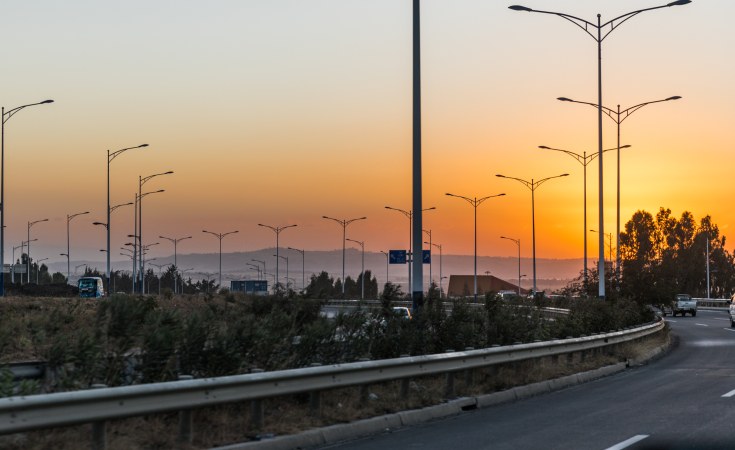Addis Abeba — Police in Babile district of the East Hararghe zone in the Oromia region detained more than 80 Waaqeffannaa believers in a raid during the East Hararghe Zone Waaqeffannaa believers mid-year assembly held on Friday, June 21, 2024, in Babile town.
Lemma Bayi, head of communications at the Waaqeffannaa Religion Followers Organization, told Addis Standard that 25 organizing committee members drawn from the east Hararghe Zone and Babile district congregations, along with 54 believers, have been detained at the Babile police station since Friday last week.
"The 54 were detained in a military camp for days before they were transferred to the Babile district police station, where the 25 committee members have been held. Additionally, three individuals who went to inquire about the detainees are also imprisoned, bringing the total number of believers in custody to 82, most of whom are youth," Lemma stated.
Taji Mohamed, head of the East Hararghe Waaqeffannaa congregation, local religious leaders Raji Bedada and Abdeta Bogale, and Zewude Girma (PhD), a Waaqeffannaa religious teacher, are among those detained, based on Lemma's account.
According to Lemma, the police stated their intent to conduct an investigation, but six days have passed without the detainees appearing before a court of law.
"These believers are imprisoned without any stated reason. Two weeks prior to their detention, their ritual was disrupted, and banners carrying religious messages were torn down. The religion has been under pressure in the zone, with worshippers being stoned during worship ceremonies," Lemma conveyed.
Inspector Taju Mohammed of Babile district police did not respond to Addis Standard's inquiry about the matter. Attempts to get a comment from other local officials in Babile district and East Hararghe zone have been unsuccessful.
Followers of Waaqeffannaa, a religion indigenous to the Oromo people, have long complained about marginalization, including difficulties in acquiring land for worship and burial grounds throughout Oromia.


